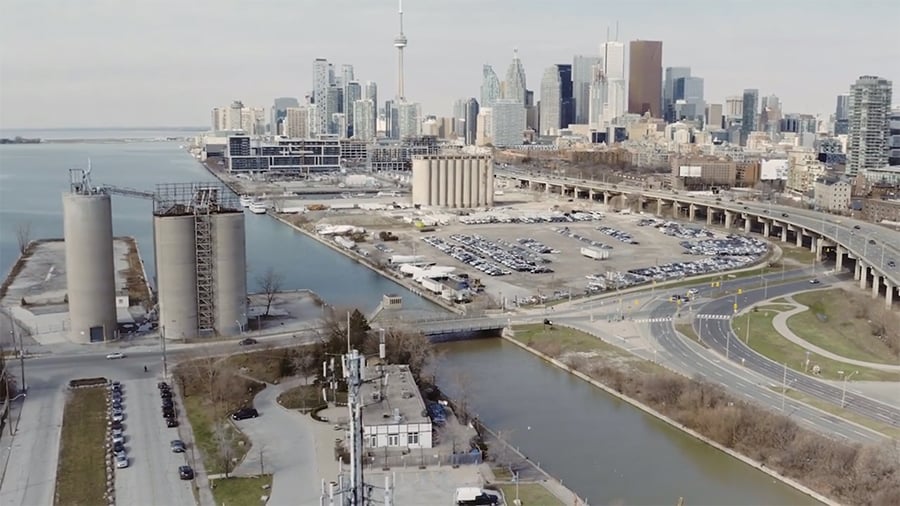
January 11, 2018
CES 2018: Why Cities Need to Start Addressing Cyber Security Challenges
“If you get hacked in a physical system, people die,” says Sokwoo Rhee of the Department of Commerce.

Metropolis magazine is reporting from CES in Las Vegas from January 8 to 10—catch our latest coverage of smart cities, 3D printing, VR, and more, here.
“In [the Internet of Things] and smart cities in general, security and privacy take [on] a different meaning than [does] traditional cyber security,” says Sokwoo Rhee, the associate director of cyber-physical systems innovation at the U.S. Department of Commerce‘s National Institute of Standards and Technology. “If you get hacked in a physical system, people die.”
Rhee was speaking at a CES panel on cyber security and his comment seemed to loom over the palpable techno-optimism prevalent among this crowd. Global giants like Bosch and Panasonic are clamoring to develop services for cities capable of improving efficiency and offering a higher quality of life, frequently by collecting data via sensors. Cities are also increasingly offering up their data (either freely or with conditions, depending on circumstances) to companies in the hopes of spurring the private development of new smart-city products. But what safety measures must be considered when data collection becomes more prevalent and sensors begin to track all our movements and behaviors? What happens when devices and infrastructure, both in individual buildings and the urban fabric, become controlled by algorithms tracking those movement and behaviors?
Rhee, in speaking to local officials across the country, has found that cyber security and privacy are at the top of their concerns. But when he asks them what they’re doing about it, he doesn’t hear much about any comprehensive strategies. “The problem is that each local government has their own perspectives about security and privacy. That creates a lot of fragmentation,” says Rhee. “Industry players already know how to address these issues, it’s just a question of how much the officials from the cities and communities can embrace those technologies.”
So what’s to be done? Rhee believes local governments, stakeholders, and companies need to share successful cyber security and privacy examples that can serve as templates. That way, communities can “figure out what works for them, because I cannot tell, probably no individual company can tell” which solutions will work for whom. “We all have to work together to address this issue, but the real point is—it’s time.”
You can find our latest coverage of CES 2018 here.
Recent Viewpoints
Viewpoints
Navigating the Path to Net Zero





